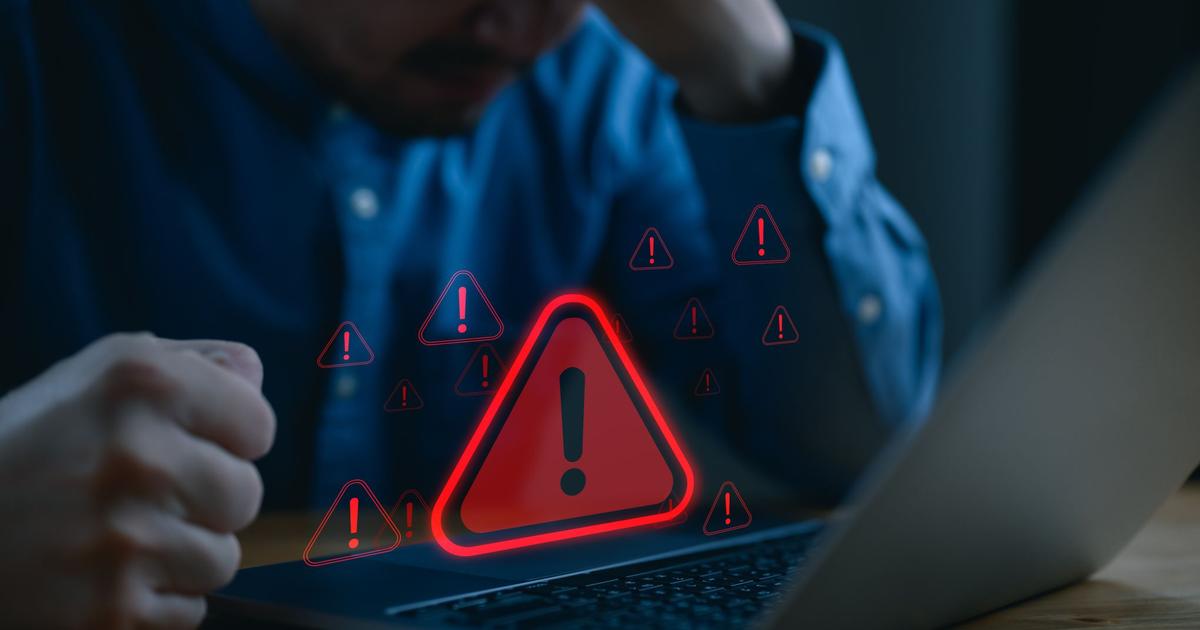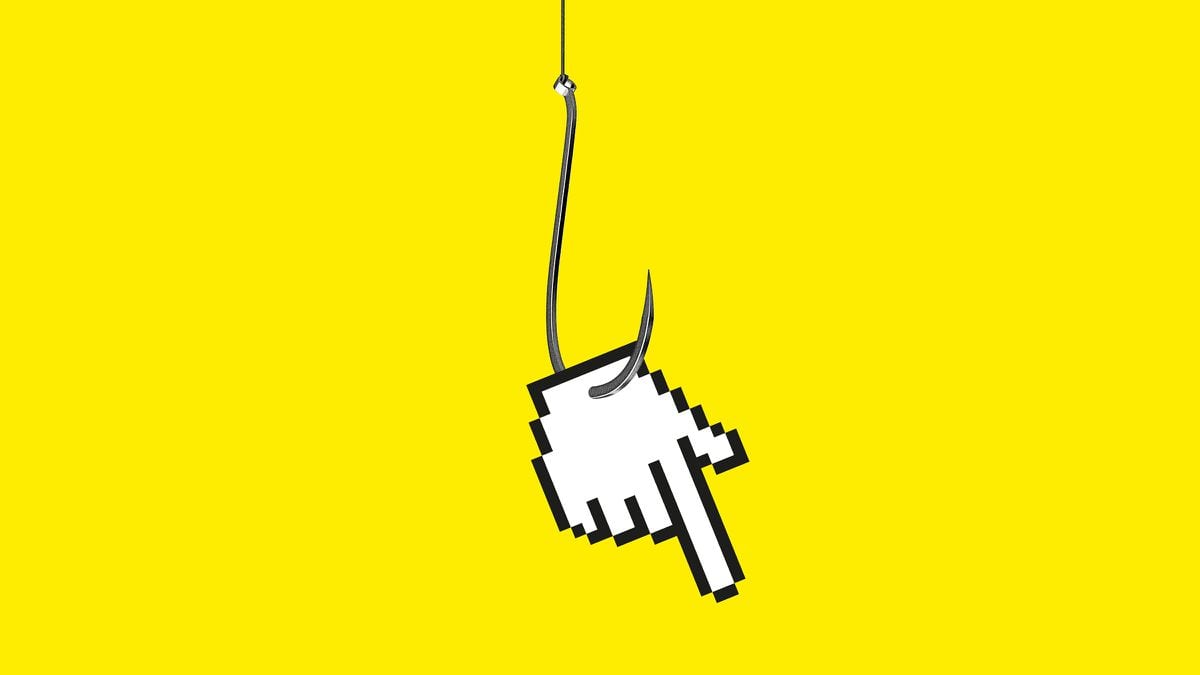04/24/2021 12:29 PM
Clarín.com
Police
Updated 04/24/2021 12:29 PM
Fraud and fraud in bank accounts, such as the theft of access codes to homebanking or credit card data - known as "the story of the digital uncle" - was one of the crimes that grew the most last year, with a jump from
22 cases reported in 2019 to 641 in 2020
.
This figure represents
an increase of almost 3,000%
, after the massive turn over of users to digital channels during the pandemic, according to data from the Specialized Cybercrime Fiscal Unit (Ufeci).
Scams can have more or less elaborate forms but, in all cases, they are strategies with which criminals
attract the attention of
digital money
users
to obtain personal data and, then,
steal money
, consume with your cards or
ask for quick loans
.
"Even before the pandemic, this type of crime had been giving more
by drop
. Although it was something that was present, it had never occurred with such virulence
as when the quarantine began
,"
Horacio Azzolin, a prosecutor at Ufeci, told
Télam
.
Since then, there have been cases of people with associated bank accounts or credit cards contacted by criminals
through social networks
, emails or even phone calls to offer alleged exclusive promotions, the solution to an operational problem or even
gifts or special benefits
.
"
It's the story of the digital uncle
-said Azzorin-. Criminals contact by private messages and ask for the information of an account to transfer that money to a third party that, generally, has nothing to do but who created a false account with some photo of DNI and data stolen from Internet ".
Although the Ufeci does not centralize cases at the national level, the increase in complaints they received in 2020 speaks of an increase that affected the
entire ecosystem of banking
or semi-
bank clients
.
In this sense, although there is no defined profile of the victims, during the pandemic there was a very strong jump in economically active people
who began to buy with electronic commerce
or in people who used social networks to contact their banks before the Difficulty accessing a branch.
"The common denominator is whether he is an attentive person or not and has a previous digital education," said Azzorin.
One of the main changes left by the pandemic is the leap in the banking of users who, for example, created millions of new accounts to access programs such as the Emergency Family Income (IFE) or
who began to use digital wallets
to pay for consumption. everyday.
For the cybersecurity specialist, Alexis Sarghel, the problem of digital and financial education explains why attacks that use "old techniques" operate in Argentina that affect, above all, "those who recently started their bankarization process and are most vulnerable. "
"In Argentina there are no pockets of organized crime gangs that carry out strong operations, as in Mexico, Chile and Peru, where banking communication protocols were attacked
where hundreds of millions of dollars were stolen
. But these smaller-scale crimes are seen. "said Sarghel,
In that sense, he added.
"The key to stopping this advance in cases is more through preventive than corrective actions because, like it or not, the advancement of technology is a fact. We must work on digital education."
In recent months, both the Central Bank (BCRA) and the main banking entities in the country worked on joint awareness campaigns to advise financial users to avoid falling into cyberattacks.
The key, they insist from the financial sector, is that people realize that sharing keys or managing new ones at the request of a supposed representative of the bank
is something very dangerous
.
Among the simplest but essential tips are: do not give confidential data by phone, mail or SMS;
always enter homebanking through the bank's official website and
not through a search engine
;
never go to ATMs
if they ask for it over the phone
;
Verify that bank social media accounts
have a blue check mark for validation
.
Also, in the case of receiving a call from a representative of the bank of which they are clients: do not give personal or bank data (passwords, Token, complete numbers of cards or accounts), do not make transfers in exchange for future benefits, and inform the bank if we receive a contact from an unofficial channel.
Finally, most banks have an alert system by mail and text message with the details of the operations carried out, which allows them to stay informed and prevent or act in time in case of transferring personal data without knowing it and that can be activated at through homebanking.
GL
Look also
A 90-year-old woman, victim of the most astonishing “uncle's tale”: $ 32 million is stolen from her
Facebook and LinkedIn hacks: how to protect your credit card from cybercrime












